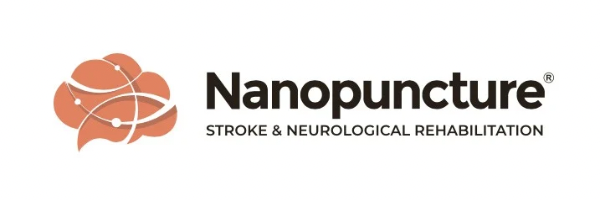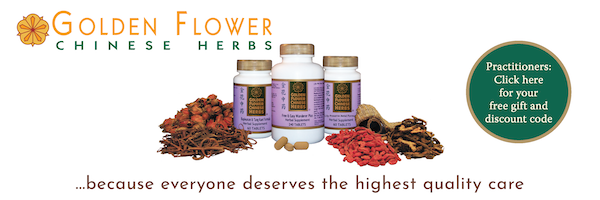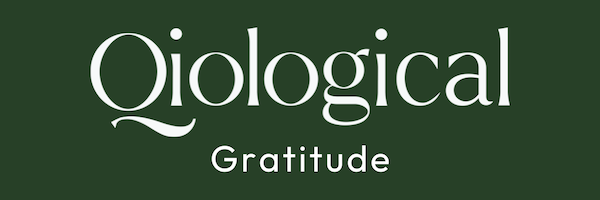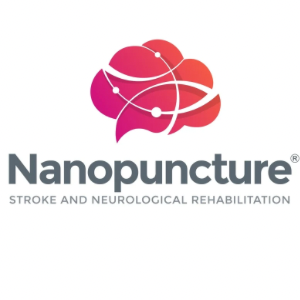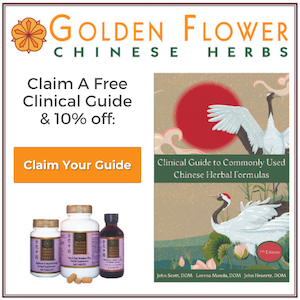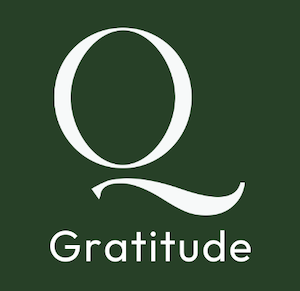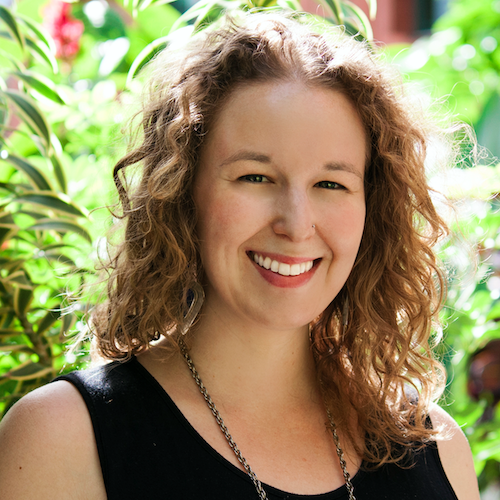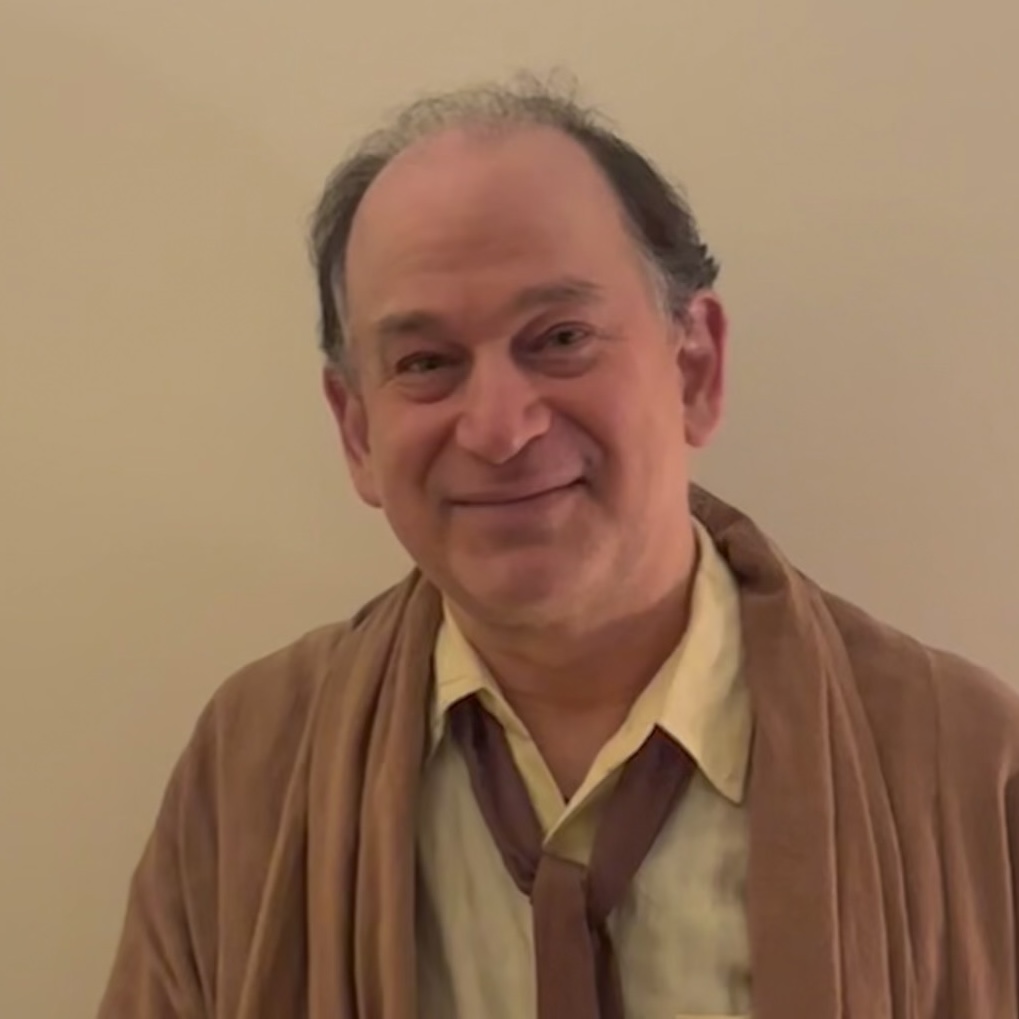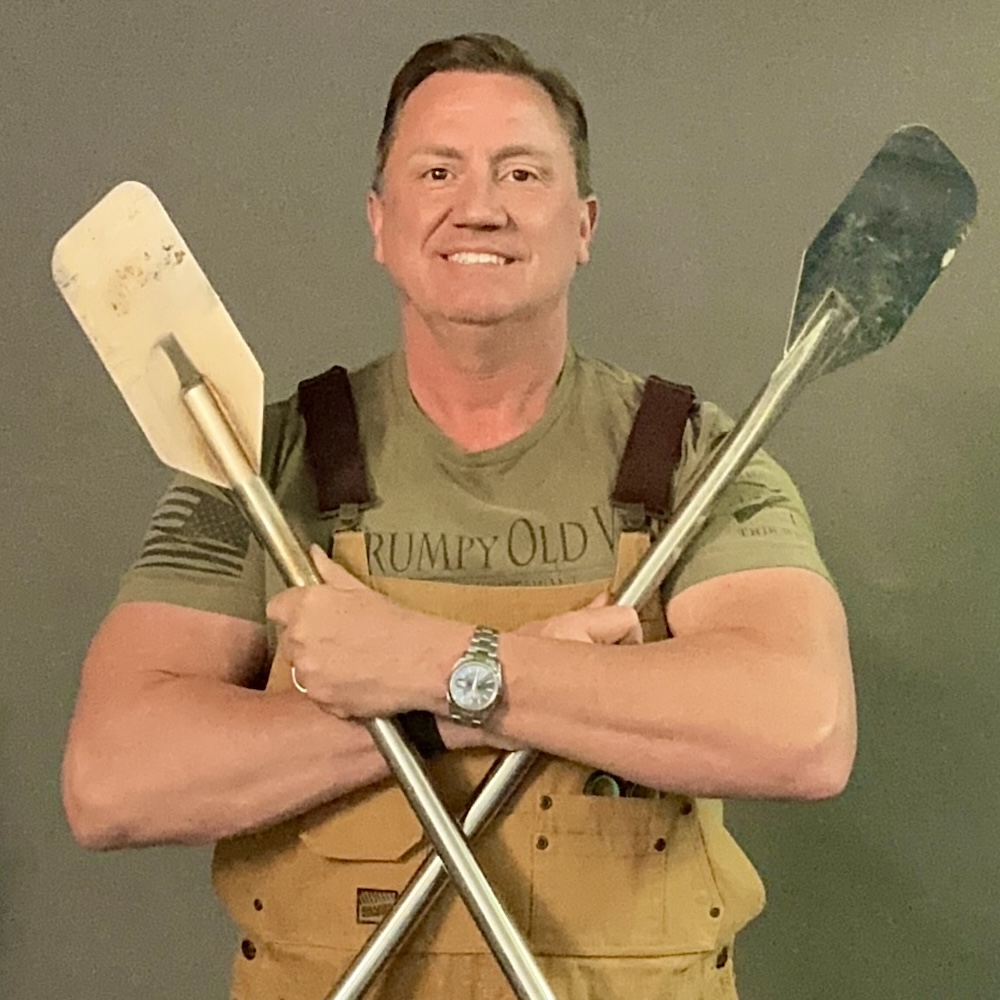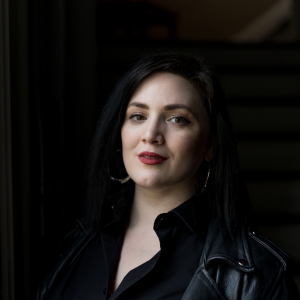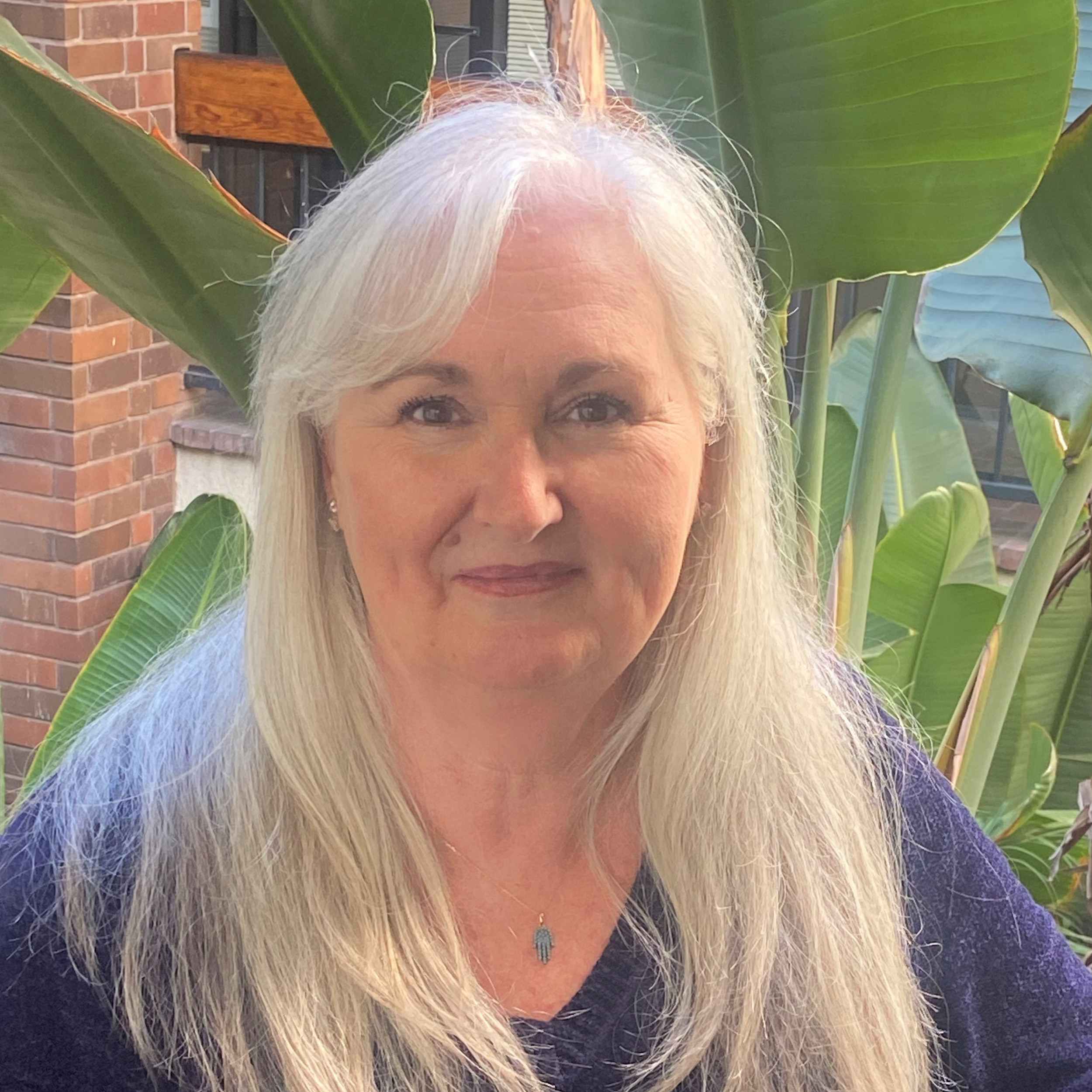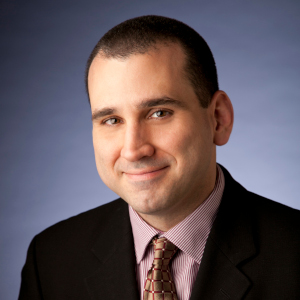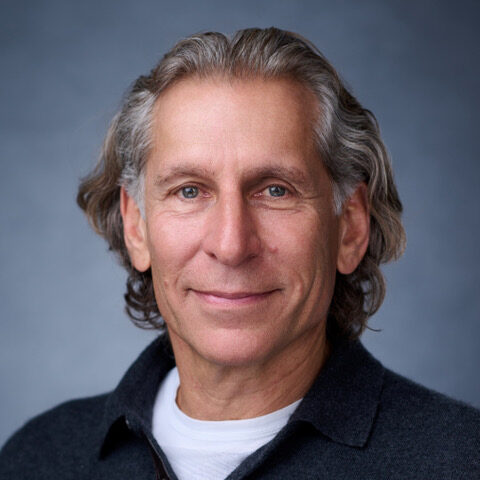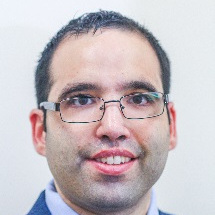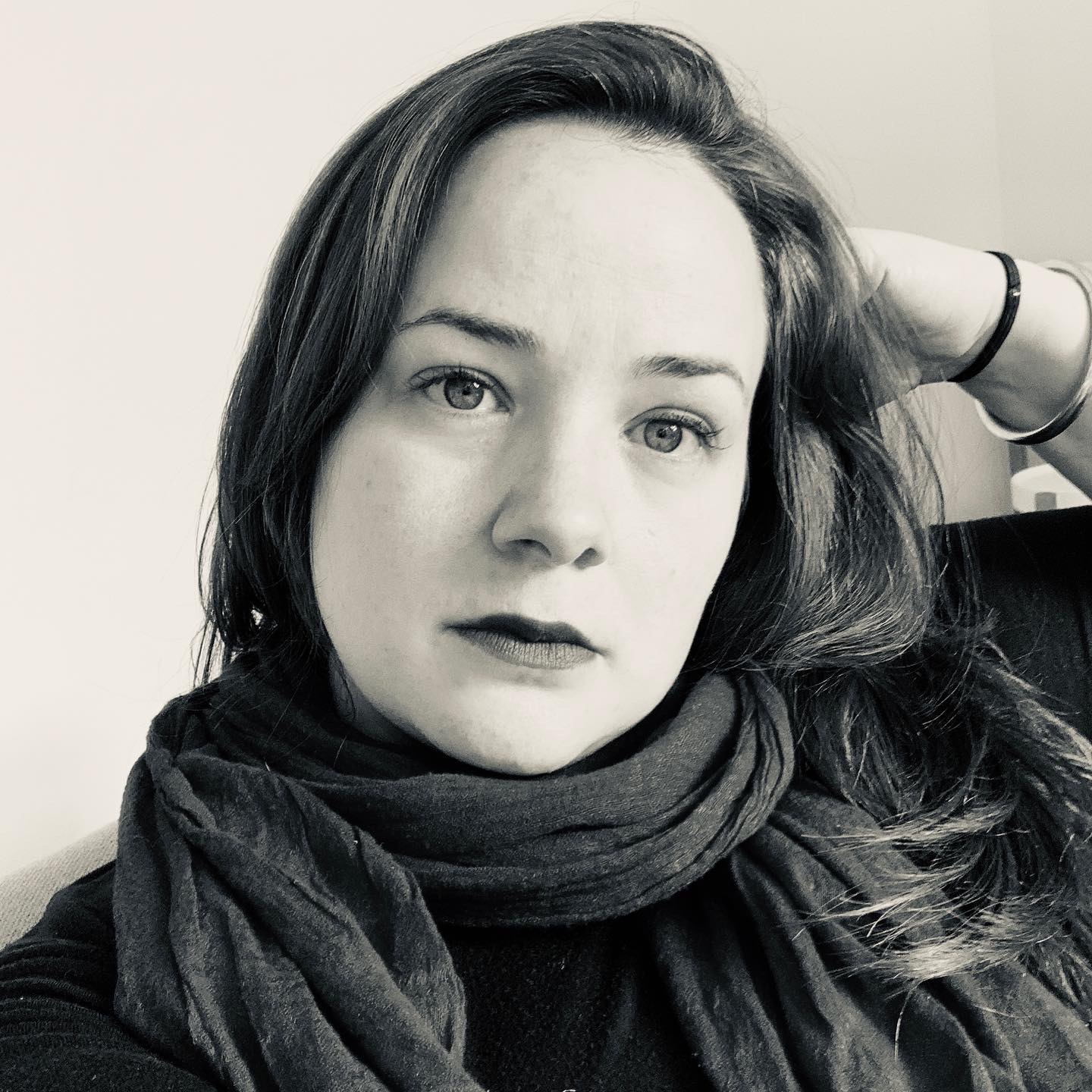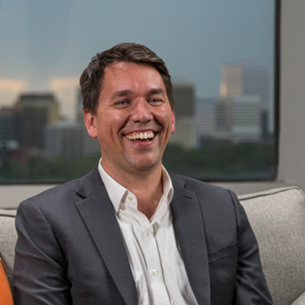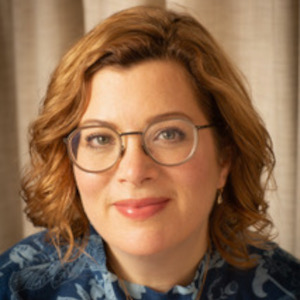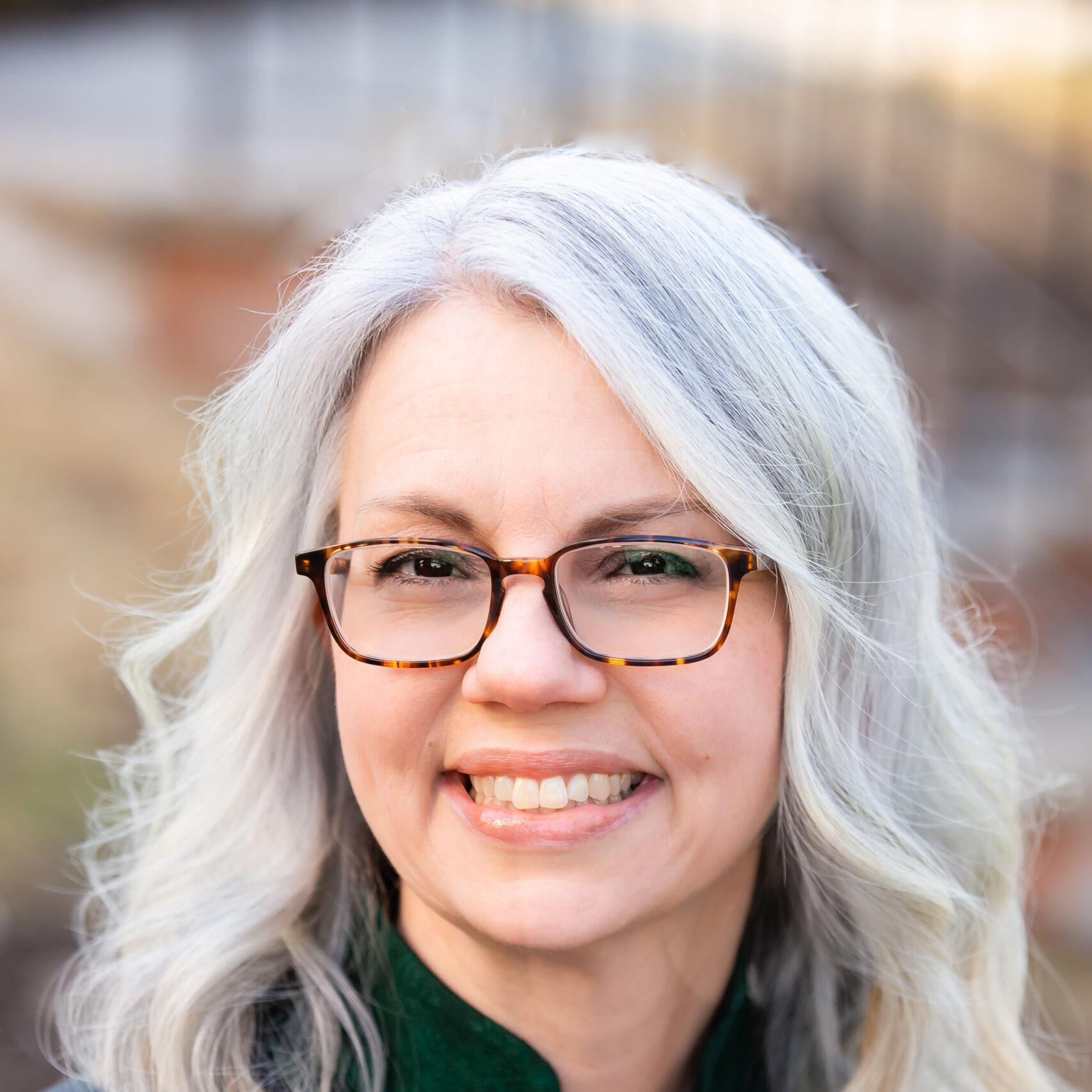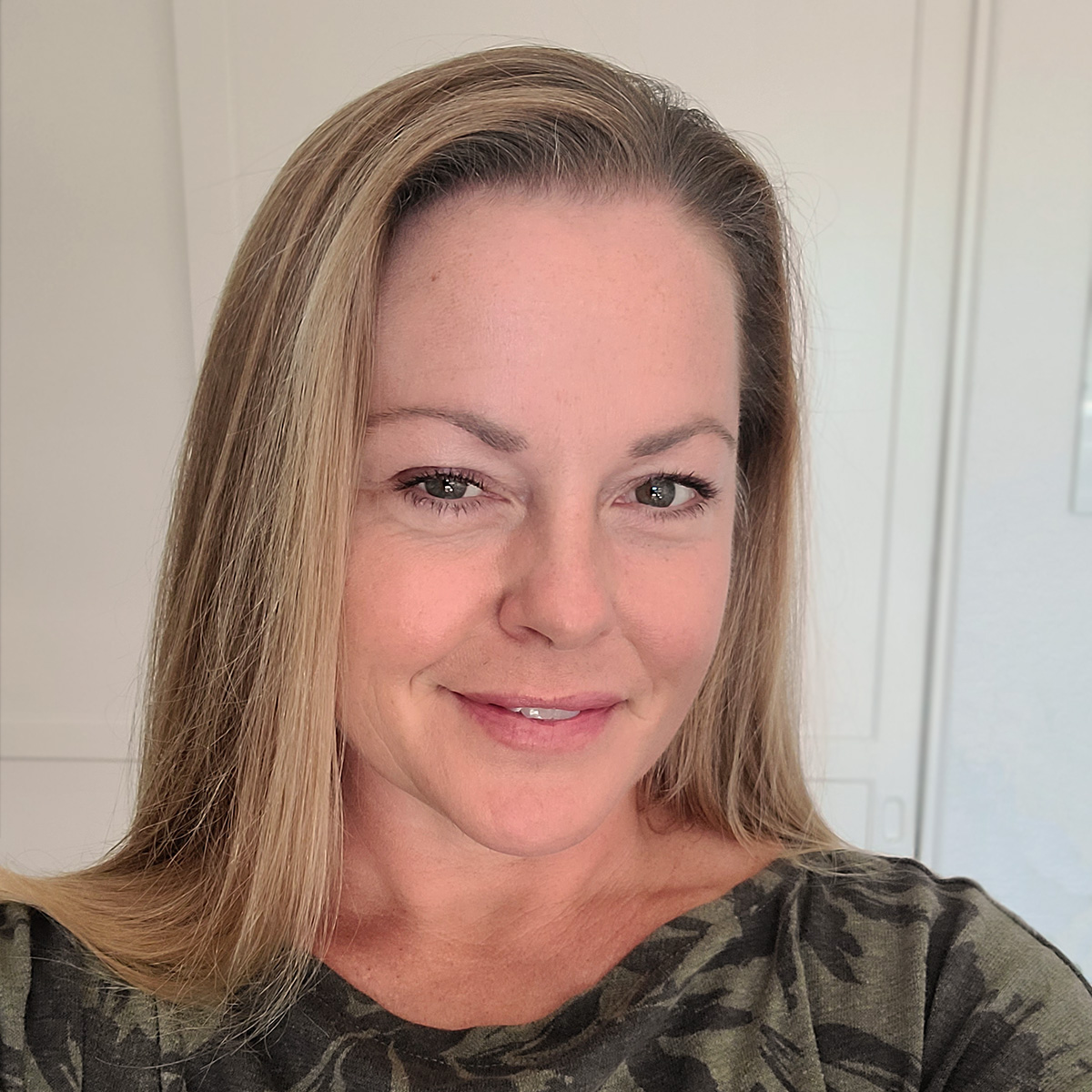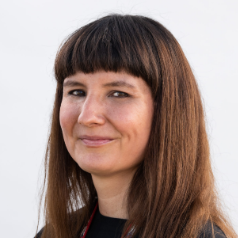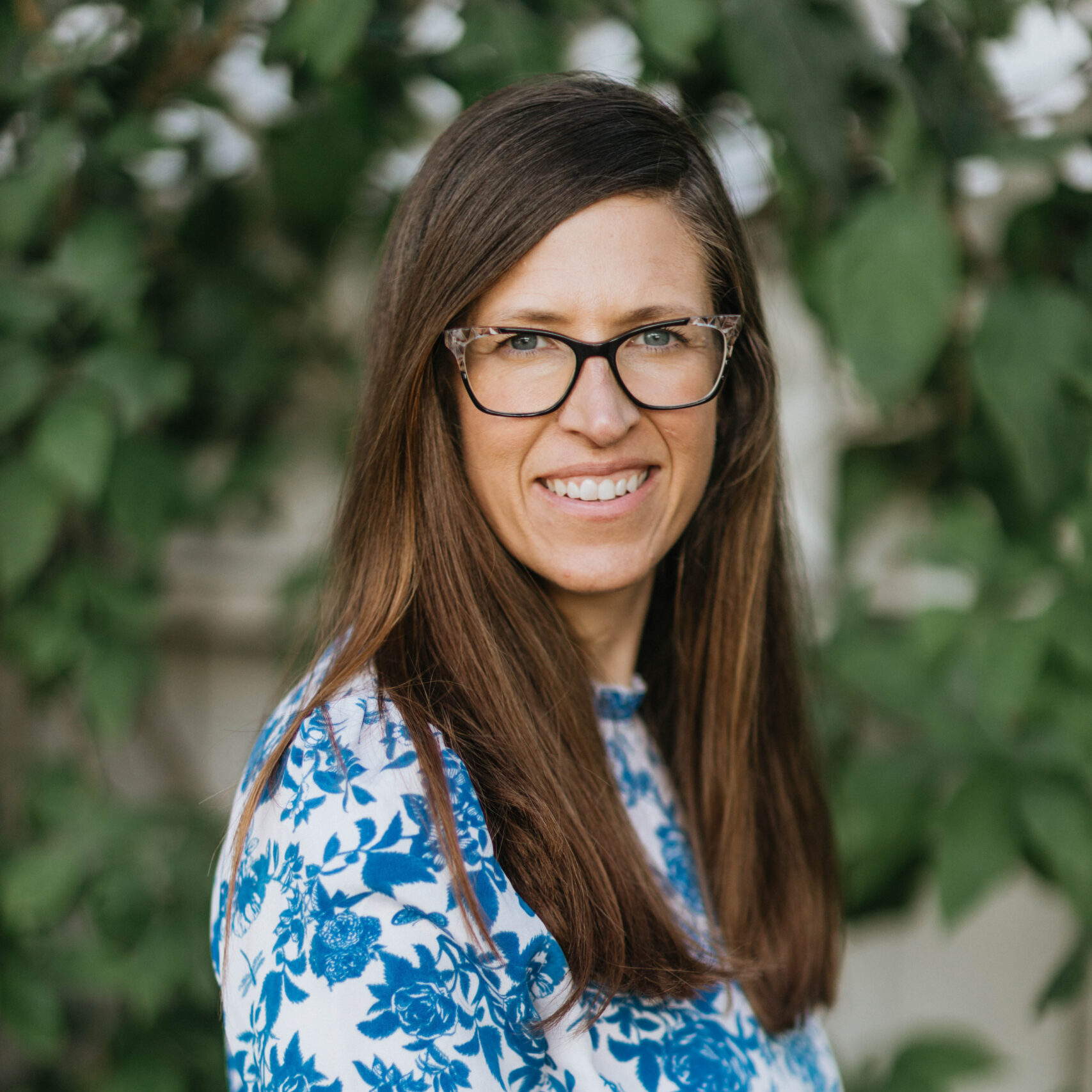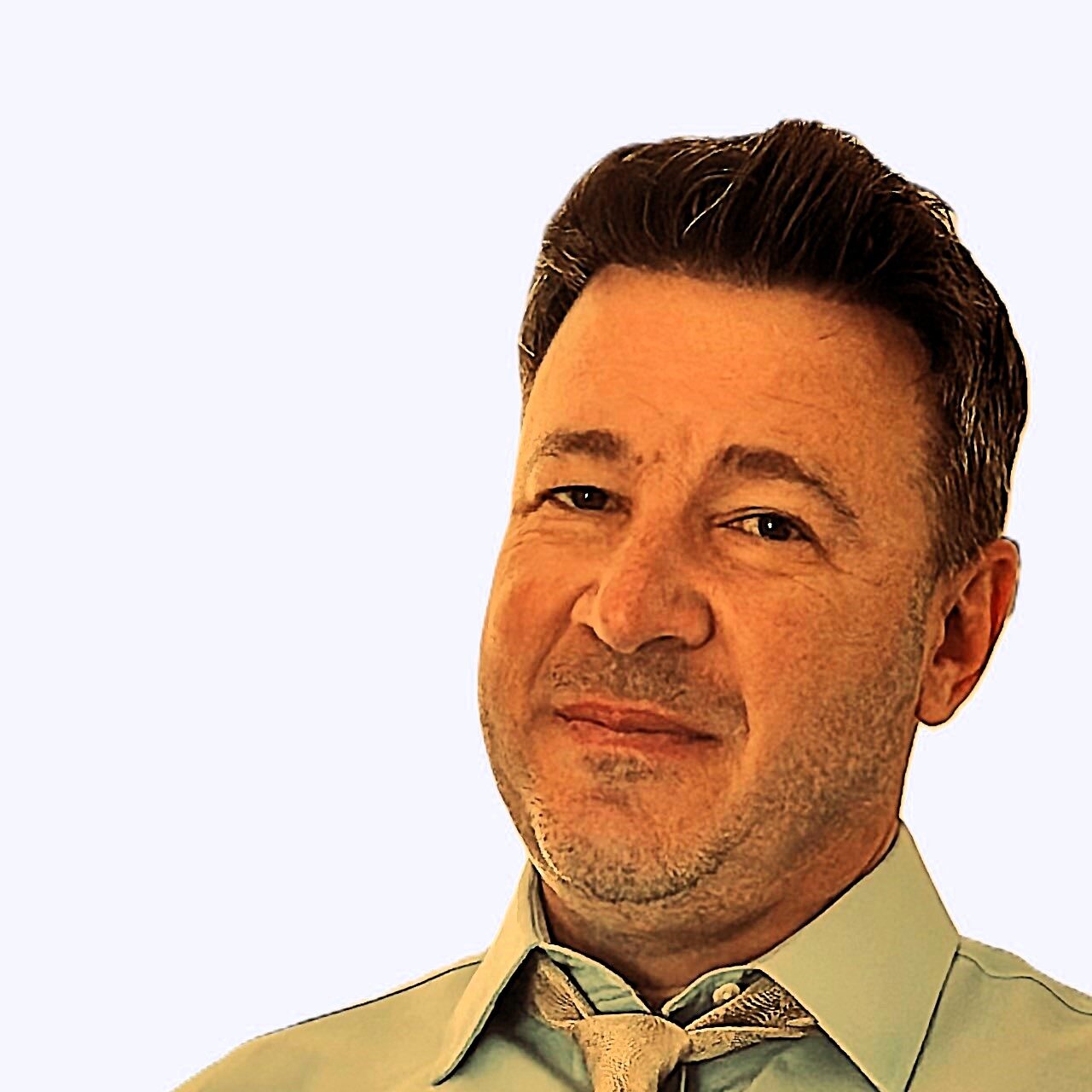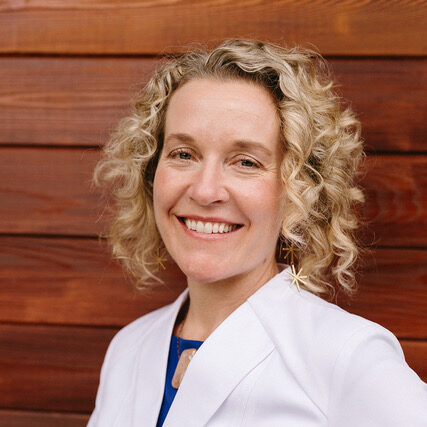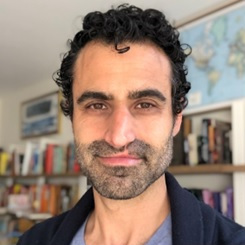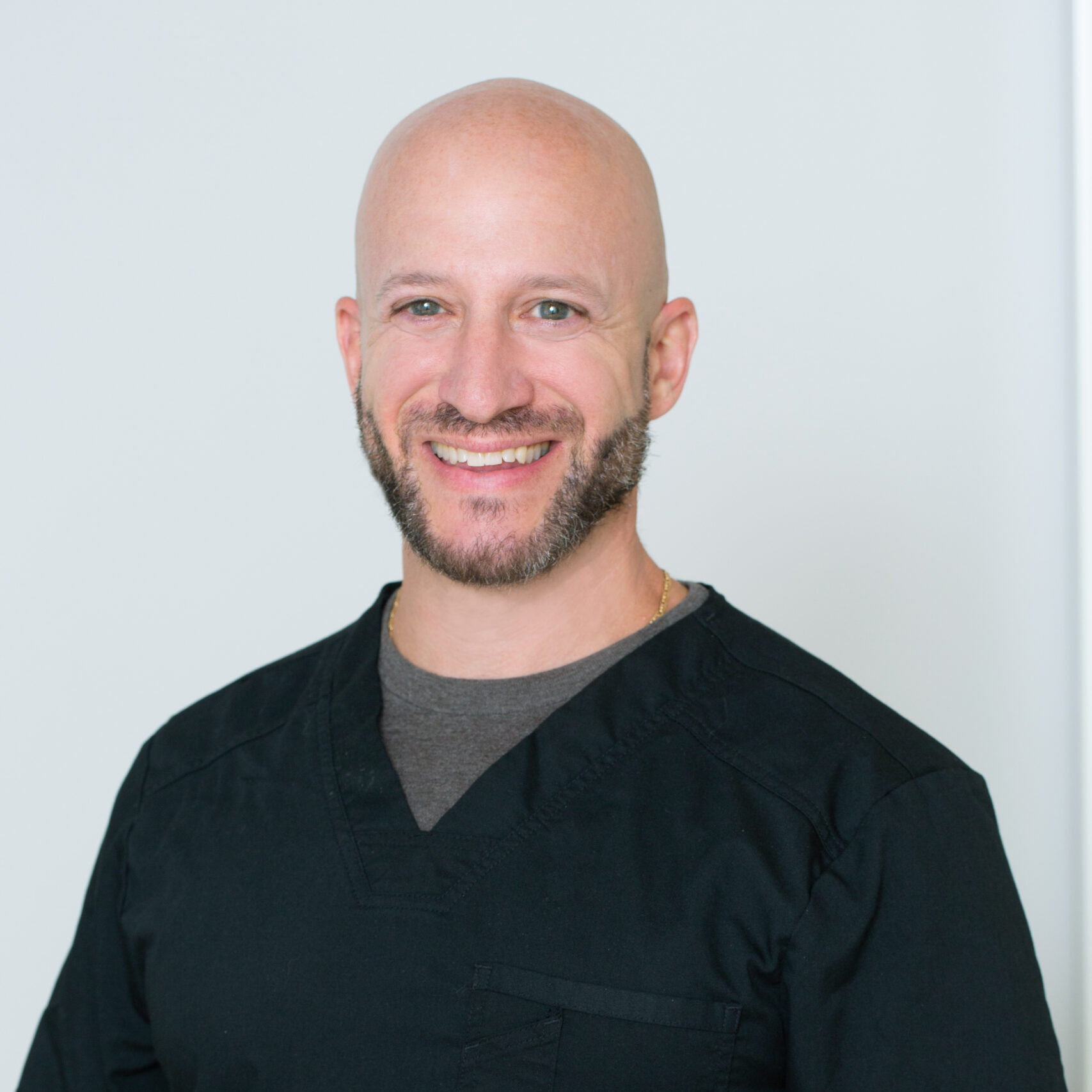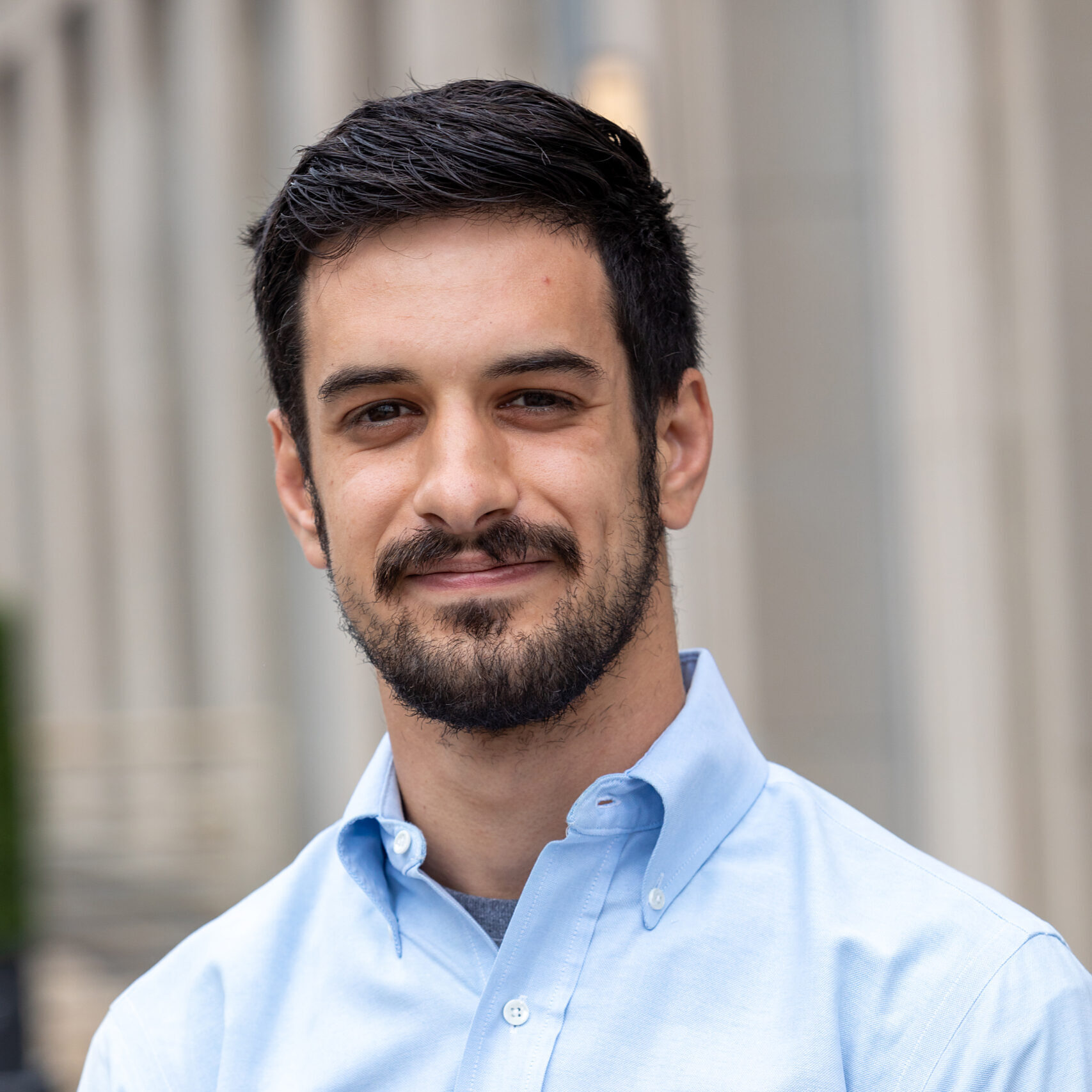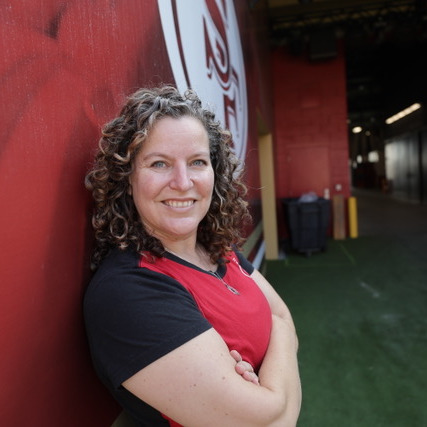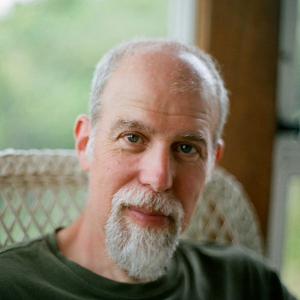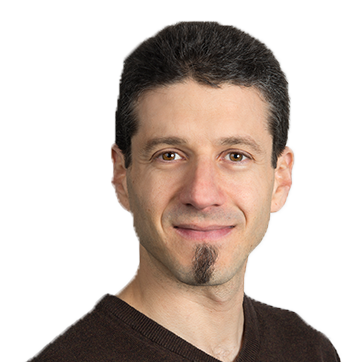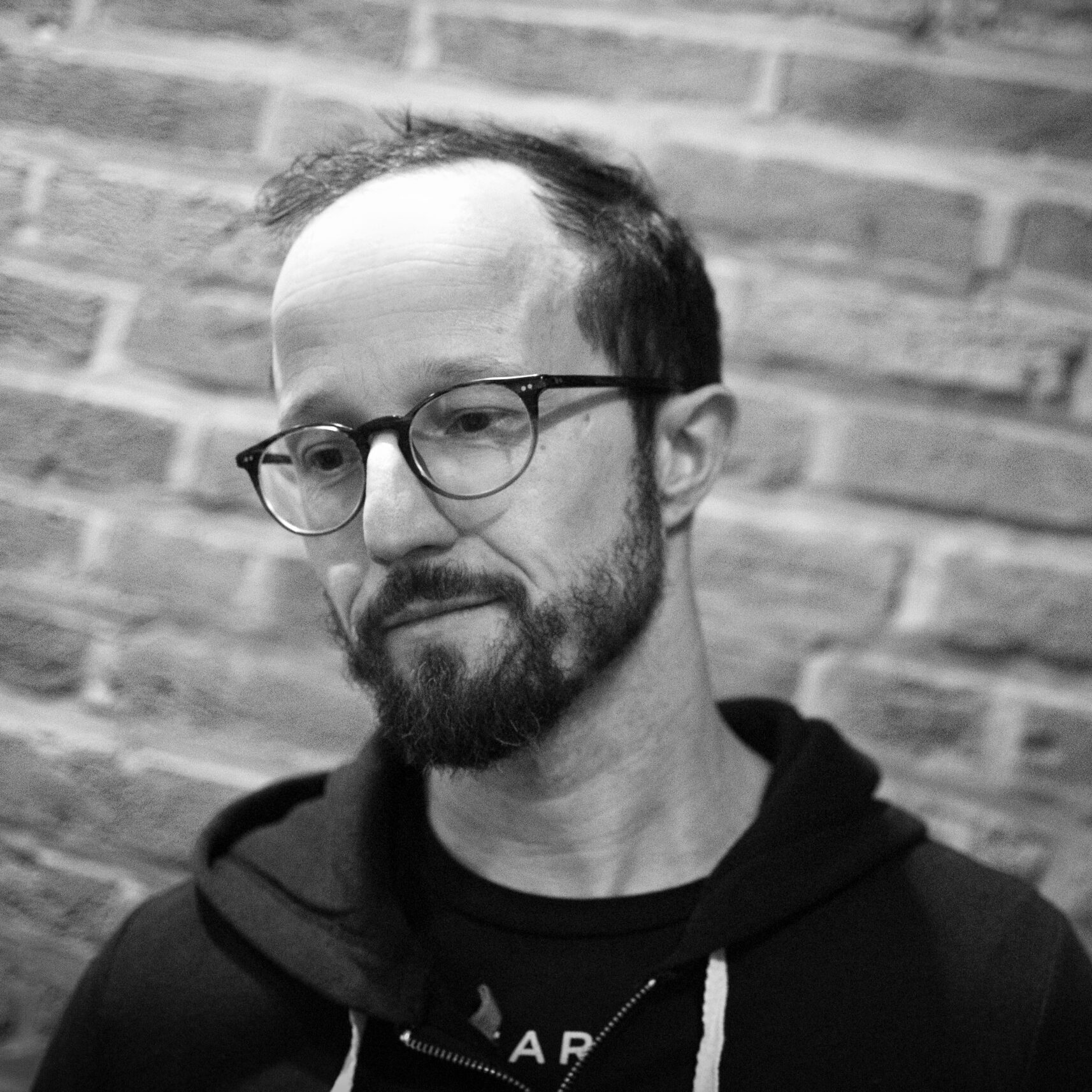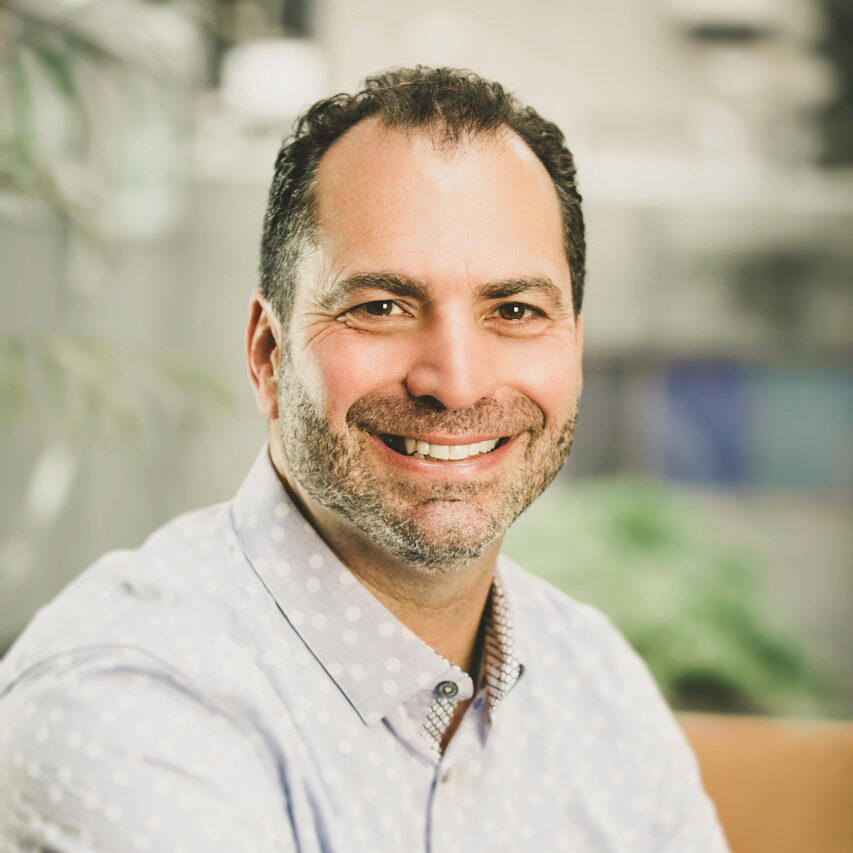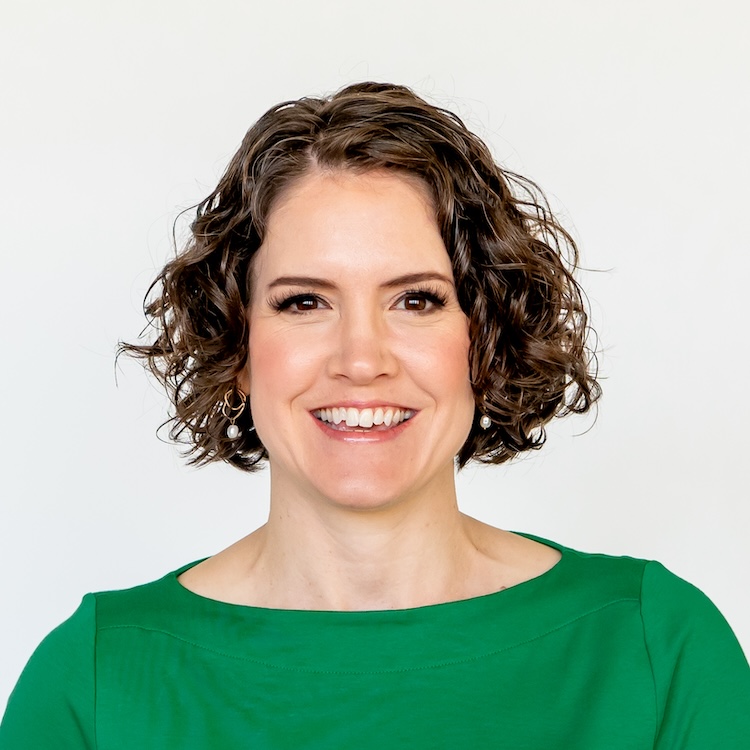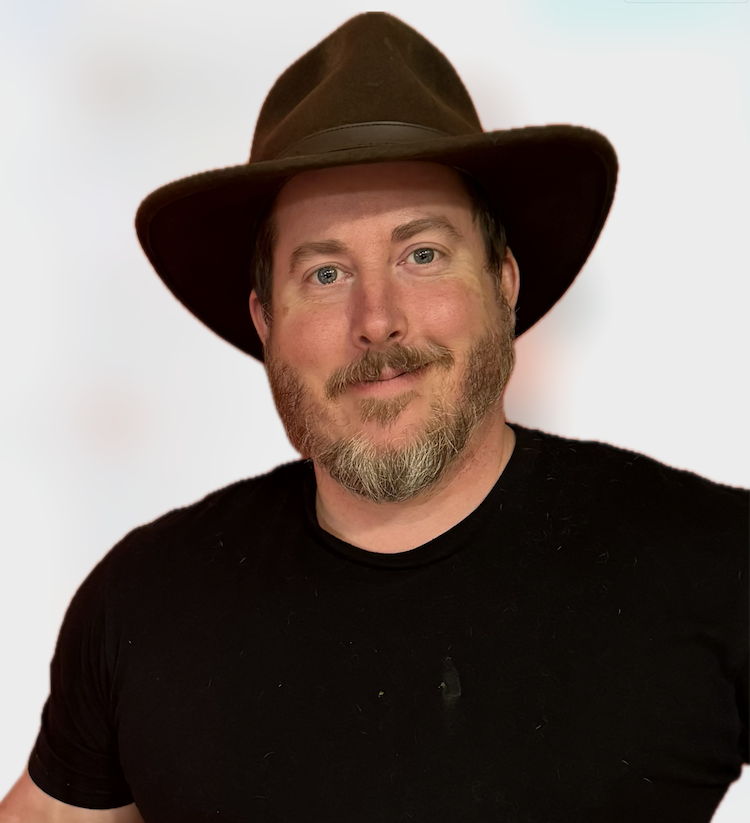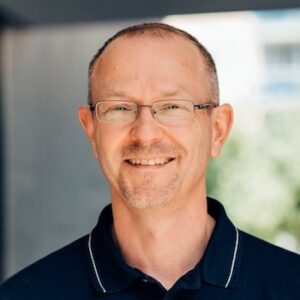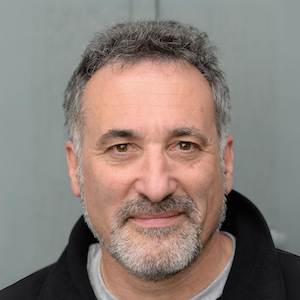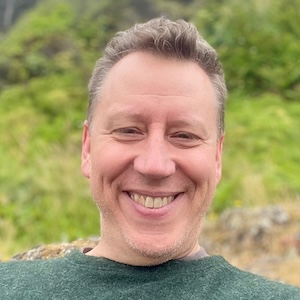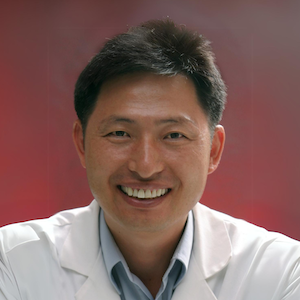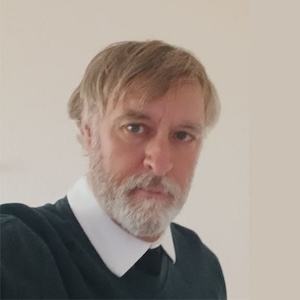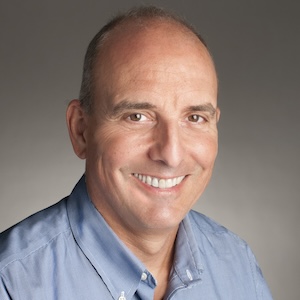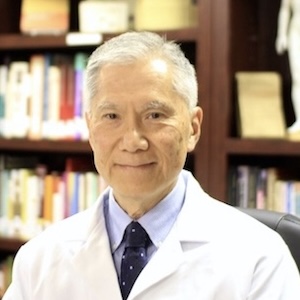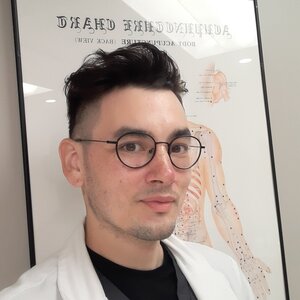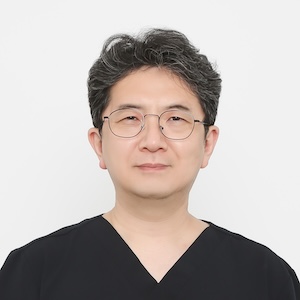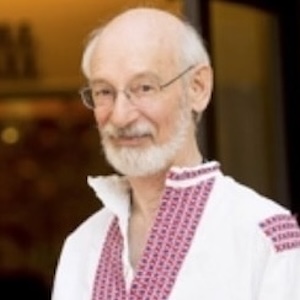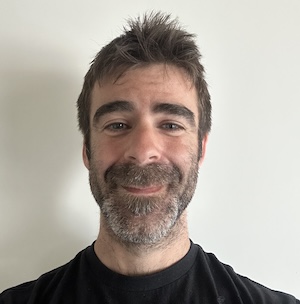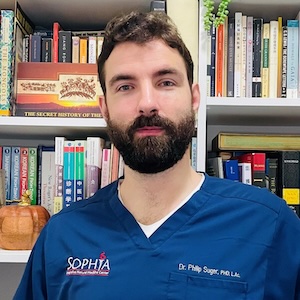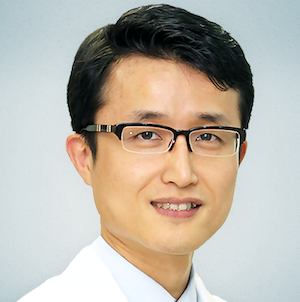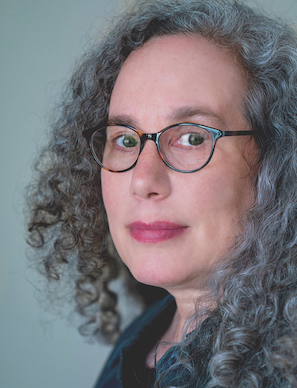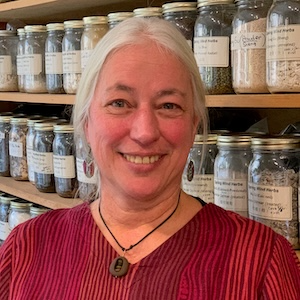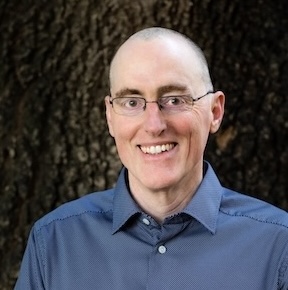“The poets did well to conjoin music and medicine, in Apollo,
because the office of medicine is but to tune the curious harp
of man's body and reduce it to harmony.”
― Francis Bacon
Music and Medicine have a lot in common. In the deepest sense, medicine is a kind of performance. Like mastering musical instruments and tones, Chinese Medicine is only effective when it moves through theoretical and experiential cycles of learning. This includes lessons from teachers, hands-on experience, reflective observation (what went wrong and what went right in treatment), and conceptualization (why things happened the way they did).
In this conversation with Etienne Simard, we noodle over the idea of finding the right instrument and tone to help people as both a teacher of Chinese Medicine and as an acupuncturist. We talk about using the needle like you would use a melody to interact with somebody’s Qi, presence in practice, and learning on the job, among other topics.
Listen into this discussion on the confluence of music and medicine. Both are different yet so alike.
In This Conversation We Discuss:
- Teaching as a means to both gain and pass down value
- Mastering the building blocks or ‘musical notes’
- Acupuncture is fun but not simple
- ‘Tuning people’: Finding the right instrument and song for the right patient.
- Being analytical versus intuitive in practice. “Every time we're sitting with somebody, we're kind of pacing the unknown. Uncertainty is always in the room with us.”
- Where does intuition come from? Is it a natural-born talent, or cultivated through knowledge and experience?
- Competition and collaboration among practitioners
- Learning on the job and trying new modalities
- The acupuncture program in Quebec and Etienne’s experience as a teacher
- How is building a guitar from scratch similar to Chinese Medicine? The central role of Presence
One can use different styles of acupuncture, in a similar way to playing a classical piece, a rock song or a smooth jazz. The result is what's important. If one plays the “wrong” song, a patient might sleep better, have more energy, but still complain about pain and think acupuncture “doesn't work.”
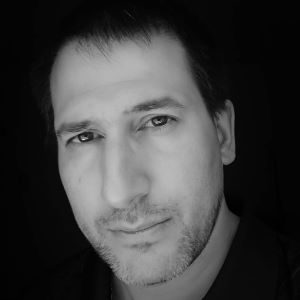 Growing up in a small rural village in a northern region of Québec, I didn’t even know that acupuncture and East Asian Medicine were a thing until my twenties.
Growing up in a small rural village in a northern region of Québec, I didn’t even know that acupuncture and East Asian Medicine were a thing until my twenties.
While studying martial arts, I had bought a few books about Dim Mak, striking points. Learning about the points and the damaging effect expected was one thing, but my interest was mostly peaked by reading “…and an acupuncturist might use this point for X or Y condition.”
Coming from an extended family of many teachers, and having taught guitar for about 10 years, I feel like teaching is in my blood. So, after getting my acupuncture license and being hired a few years later as a teaching assistant, I had the honor of becoming a teacher.
My work now revolves around sharing my passion for acupuncture to students, making sure they work hard, but in a fun setting, all the while doing my best to reduce their stress/anxiety level. When not teaching, I can usually be found in the clinic or my workshop. I love to work with artists and athletes on performance related issues, as it is a topic close to my heart. I spent years working with musicians, dancers and circus artists in a multidisciplinary clinic, treating their obvious external injuries, as well as their invisible, hidden ones, making sure they can perform at their best.

